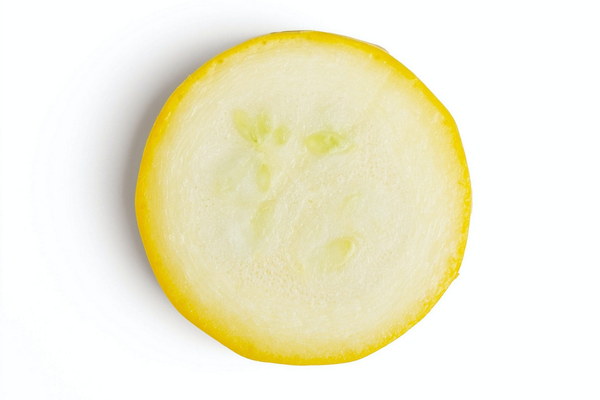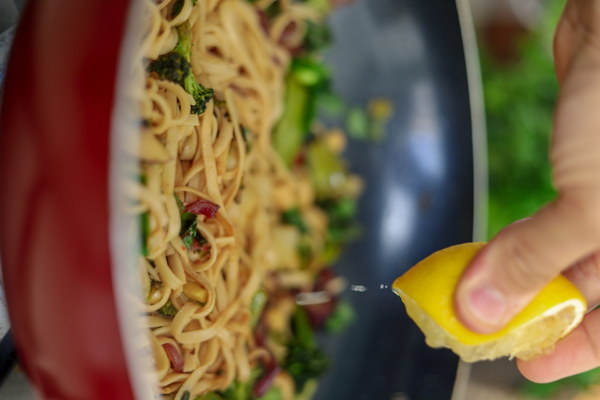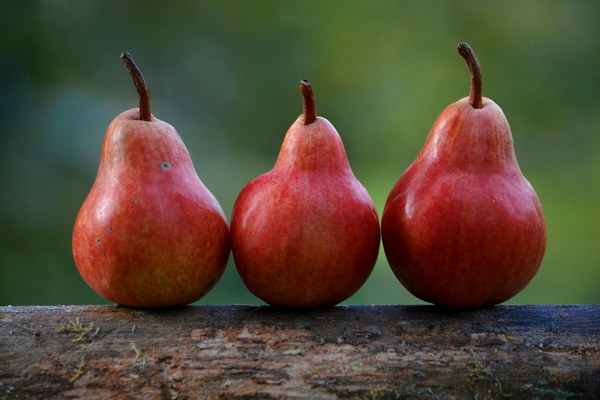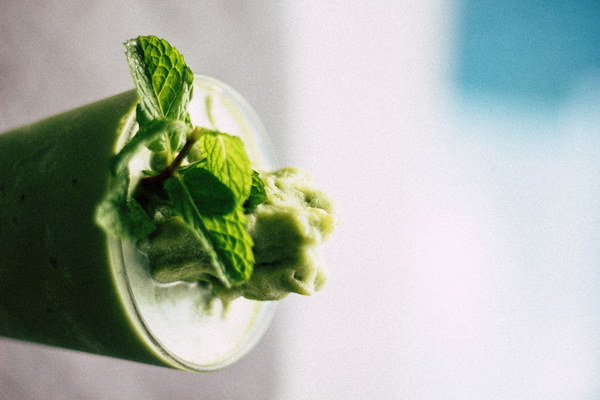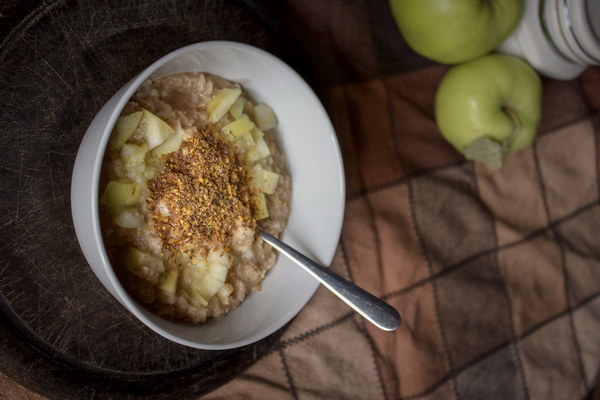Revitalizing Kidneys and Nourishing Yin A Deep Dive into the Traditional Chinese Medicine Formula Gu Shen Yang Yin Decoction
In the vast tapestry of Traditional Chinese Medicine (TCM), the Gu Shen Yang Yin Decoction stands as a beacon of wisdom, offering a harmonious blend of herbs that aim to strengthen the kidneys and nourish yin. This ancient formula has been used for centuries to address various health issues, particularly those related to kidney function and Yin deficiency. Let's explore the origins, components, and potential benefits of the Gu Shen Yang Yin Decoction.
Origins and Philosophy

The Gu Shen Yang Yin Decoction is rooted in the principles of TCM, which emphasize the balance of Yin and Yang in the body. Yin, often described as the cool, slow, and passive aspect, is essential for maintaining harmony and health. When Yin becomes depleted, it can lead to a host of problems, including weakness, heat symptoms, and imbalances in the body's internal organs. The kidneys, according to TCM, are the primary source of Yin, and thus, they are crucial for overall well-being.
The formula was first recorded in the Compendium of Materia Medica (Ben Cao Gang Mu), a comprehensive herbal medicine tome compiled by Li Shizhen during the Ming Dynasty. It reflects the deep understanding of Chinese herbalists regarding the interplay between different organs and the importance of Yin in maintaining health.
Components of Gu Shen Yang Yin Decoction
The Gu Shen Yang Yin Decoction is composed of several key herbs, each with its own unique properties and benefits:
1. Shu Di Huang (Rehmannia Root): Known for its ability to nourish Yin and replenish the kidneys, Shu Di Huang is a central ingredient in the formula. It is often used to treat weakness, fatigue, and dryness associated with Yin deficiency.
2. Shan Zhu Yu (Eucommia Bark): This herb is renowned for its effects on the kidneys, helping to reinforce them and improve their function. It is also used to alleviate lower back pain and weakness.
3. He Huan Pi (Mimosa Tree Bark): He Huan Pi is believed to have a calming effect on the mind and body, aiding in the treatment of anxiety and irritability, which can be symptoms of Yin deficiency.
4. Mu Dan Pi (Tree Peony Bark): This herb is used to cool the blood and relieve heat, which is often a result of Yin deficiency. It also supports the heart and liver, further contributing to emotional balance.
5. Zhi Mu (Anemarrhena Root): Zhi Mu is known for its cooling properties and is used to clear heat and nourish Yin, helping to alleviate symptoms such as dry mouth and thirst.
Potential Benefits
The Gu Shen Yang Yin Decoction offers several potential benefits for individuals experiencing Yin deficiency and related health issues:
- Improved Kidney Function: By strengthening the kidneys, the formula may help improve overall kidney function and alleviate issues such as frequent urination and weakness in the lower back and knees.
- Enhanced Energy Levels: Nourishing Yin can lead to increased energy levels and a general sense of vitality, as Yin is often associated with the body's vital essence.
- Emotional Well-being: The formula's ability to calm the mind and reduce irritability can contribute to emotional balance and a more serene state of being.
- Skin Health: Since Yin deficiency can manifest as dryness and heat in the body, the decoction may help improve skin conditions such as eczema and psoriasis.
Conclusion
The Gu Shen Yang Yin Decoction is a testament to the profound knowledge and wisdom of Traditional Chinese Medicine. Its blend of herbs, carefully selected for their ability to nourish Yin and strengthen the kidneys, offers a holistic approach to health and well-being. While it is essential to consult with a qualified TCM practitioner before beginning any herbal treatment, the Gu Shen Yang Yin Decoction remains a valuable resource for those seeking to restore balance to their bodies and minds.
